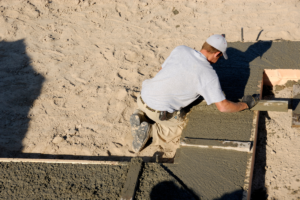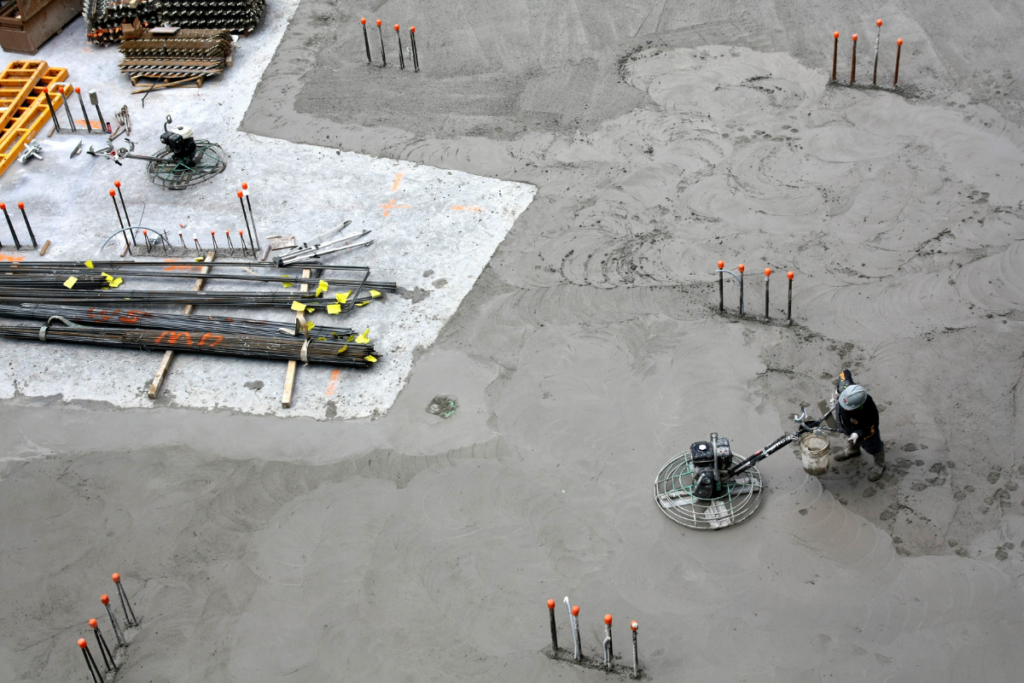 Introduction to Specialty Finishes Material Cost Estimator:
Introduction to Specialty Finishes Material Cost Estimator:
In the construction and design world, specialty finishes can significantly enhance the aesthetics and functionality of a space. From decorative paints and textured wall coverings to high-end floor treatments, these finishes add character and style to both residential and commercial projects. However, estimating the material cost for specialty finishes can be challenging due to the unique nature and variability in pricing. That’s where a specialty finishes material cost estimator comes into play. This tool helps contractors, designers, and architects streamline the budgeting process, ensuring that they can accurately predict costs and avoid unexpected expenses.
What is a Specialty Finishes Material Cost Estimator?
A specialty finishes material cost estimator is a tool designed to calculate the costs associated with various types of specialty finishes. These finishes may include luxury wall treatments, decorative plaster, faux finishes, specialty coatings, or even acoustic treatments. The estimator considers the materials required, the area that needs to be covered, and the market price for these materials to provide an accurate cost projection.
The purpose of this tool is to ensure that the project remains within budget while maintaining the quality and aesthetic of the selected finishes. By using this estimator, contractors and project managers can avoid unexpected expenses and ensure that every dollar is accounted for before the project begins.
Importance of Specialty Finishes in Construction and Interior Design
Specialty finishes play a crucial role in both interior and exterior design, often setting a project apart from the competition. Whether it’s a unique texture on a feature wall or a high-end epoxy coating for a commercial space, these finishes enhance the visual appeal, durability, and functionality of a building. They allow designers to add their signature touch while meeting the client’s aesthetic desires.
However, these materials often come at a premium, and the costs can quickly add up, particularly if the scope of the project changes during the construction phase. Misestimating the cost of specialty finishes can lead to budget overruns, delayed timelines, and compromised quality. That’s why a specialty finishes material cost estimator is invaluable for planning and budgeting accurately.
Key Features of a Specialty Finishes Material Cost Estimator
A reliable specialty finishes material cost estimator comes equipped with several features to ensure accurate cost calculations:
- Material Selection: The estimator includes an extensive library of specialty finishes, ranging from high-end paints to decorative plaster. Users can select the specific material they plan to use, allowing for a tailored cost estimate.
- Area Calculation: By entering the total area to be covered with specialty finishes, the tool can calculate how much material will be needed. It accounts for wastage and additional coats, ensuring a realistic projection.
- Real-Time Pricing: Many estimators link to live pricing databases, providing current material costs. This feature is crucial, as prices for specialty finishes can fluctuate depending on demand, supply chain issues, or geographic location.
- Labor Cost Integration: In addition to material costs, some estimators also factor in labor costs, as specialty finishes often require skilled artisans for proper application. This ensures that users have a comprehensive view of the total cost of the project.
- Customizable Options: Projects vary, and so do the required finishes. A specialty finishes material cost estimator offers customizable options that allow users to input specific project requirements, such as different finish textures, brands, or eco-friendly materials, providing a more precise cost estimate.
How to Use a Specialty Finishes Material Cost Estimator
Using a specialty finishes material cost estimator is a straightforward process, but accuracy in inputting data is critical. Here’s how to get started:
- Select the Specialty Finish: Choose the specific type of finish you plan to use for the project. The estimator will display available finishes, including high-end options like Venetian plaster, epoxy floor coatings, or textured paints.
- Measure the Area: Measure the total area that will be covered with the finish. Be sure to account for all surfaces, including walls, ceilings, and floors, as applicable.
- Enter Material Specifications: Input any specific requirements for the project, such as the number of coats, texture complexity, or durability needs. These factors will influence the amount of material needed and the overall cost.
- Review Estimated Costs: Once the data is entered, the estimator will calculate the total cost, breaking it down by materials, labor, and any additional factors such as taxes or transport fees.
- Adjust as Needed: If the estimated cost exceeds your budget, you can adjust material selections or reduce the scope of work until the costs align with your financial plan.
Benefits of Using a Specialty Finishes Material Cost Estimator
The primary benefit of using a specialty finishes material cost estimator is that it eliminates guesswork, allowing you to plan your project with precision. Here are some additional advantages:
- Budget Accuracy: By providing a detailed breakdown of material and labor costs, the estimator helps ensure that your budget is accurate and comprehensive. This prevents budget overruns and keeps the project on track financially.
- Time Efficiency: Instead of manually calculating costs and sourcing pricing information, the estimator speeds up the budgeting process, allowing you to focus on other aspects of project planning and management.
- Cost Comparison: The tool allows you to easily compare different specialty finishes, helping you find the most cost-effective option without sacrificing quality. You can adjust materials and finishes to find the perfect balance between cost and design.
- Transparency for Clients: Contractors and designers can use the cost estimator to provide clients with transparent, detailed quotes, building trust and setting realistic expectations for project costs.
Common Specialty Finishes and Their Cost Factors
Different specialty finishes come with varying costs depending on factors such as material type, brand, and application complexity. Some of the most common specialty finishes include:
- Venetian Plaster: A high-end decorative plaster that gives walls a polished, marble-like finish. The cost depends on the skill required to apply it and the surface area.
- Textured Paint: Paints that add texture to walls, such as suede or metallic finishes. These can range from affordable to expensive depending on the finish’s complexity.
- Epoxy Floor Coatings: Popular in commercial and industrial settings, epoxy coatings are durable and resistant to wear and tear. Costs vary based on the type of epoxy and the area being covered.
A specialty finishes material cost estimator is an essential tool for anyone involved in construction or interior design. It ensures that projects stay within budget while delivering the desired aesthetic and functionality. By using this estimator, contractors, designers, and clients can achieve better financial transparency, avoid unexpected costs, and streamline the overall project planning process.
Are you looking for the best estimating services in USA?
Look no further than “https://zionestimating.com”
They are offering top-notch services like;
- Construction/cost estimation
- Budget planning
- Material takeoff
- Equipment estimation
and further more!!!
Here are some more information for your convenience:
Phone no. : +1 718-427-9941 || +1 562-383-6177
Email:[email protected]
Visit their blogs and site
https://zionestimating.com for the latest updates and service tips!
